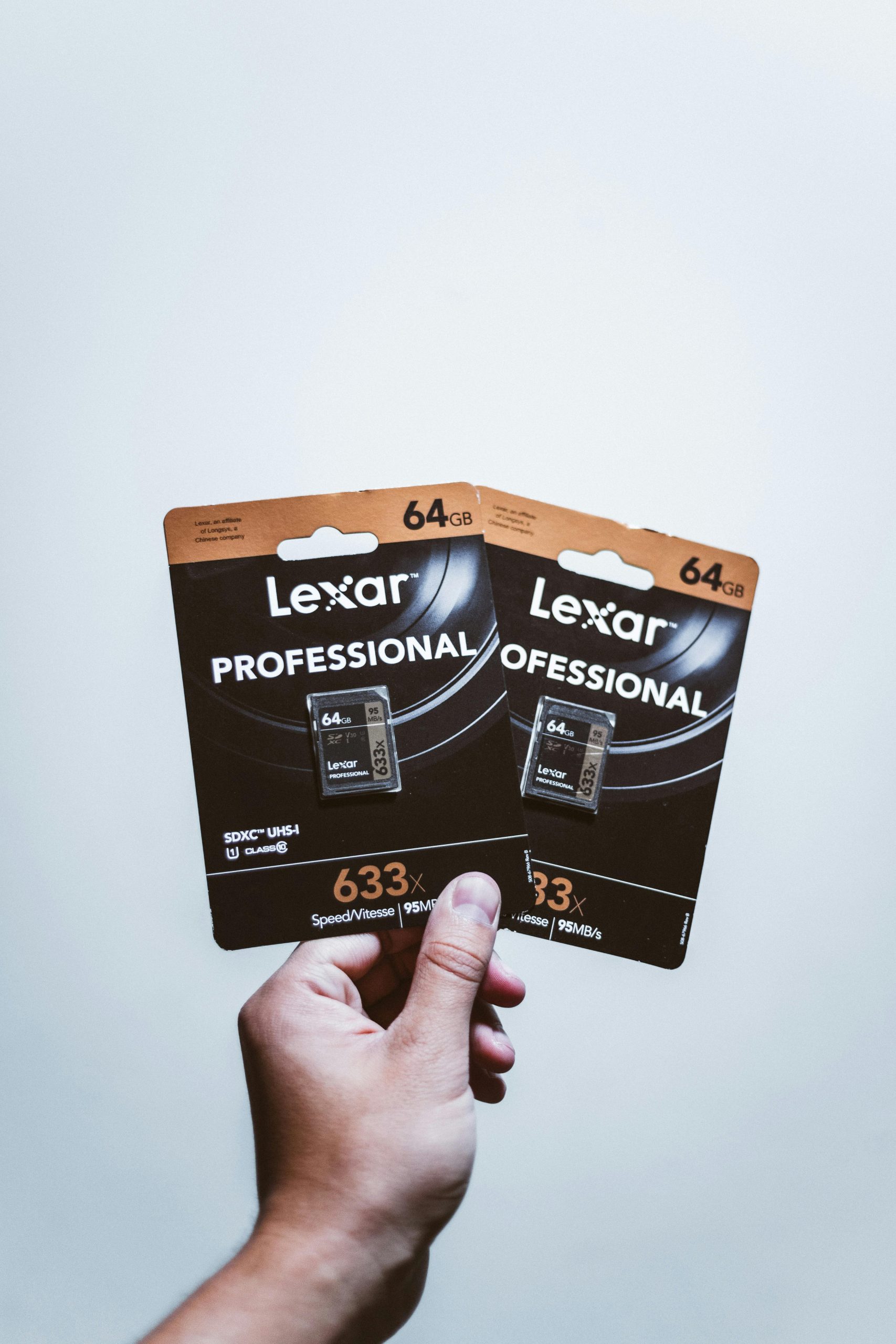The government is encouraging consumers to prioritize ‘Buy Australian’ products, yet it must tackle significant obstacles, including a cost of living crisis, entrenched product stereotypes, and a declining sense of national pride.


The government is encouraging consumers to prioritize ‘Buy Australian’ products, yet it must tackle significant obstacles, including a cost of living crisis, entrenched product stereotypes, and a declining sense of national pride.

Many sexual assault cases go unaddressed by law enforcement. Here are ways the system could be improved.

Ex-Tropical Cyclone Alfred has been downgraded to a tropical low as it approaches landfall on Saturday morning.

Exclusive: Tesla Cybertruck Prepares for Launch in Australia to Meet a Significant Market Demand
It’s a complex situation for sure. The push to ‘Buy Australian’ is necessary for supporting local businesses and sustaining jobs, particularly in the face of economic challenges. However, the cost of living crisis makes it difficult for many consumers to prioritize locally-made products, especially if they come at a premium compared to cheaper imports. Additionally, combating product stereotypes is crucial; not all Australian products are known for being high-quality, and changing that perception will take time and consistent effort.
National pride, too, plays a significant role. If the government can effectively appeal to this sentiment—highlighting the uniqueness and quality of Australian-made goods—it could encourage consumers to reconsider their purchasing habits.
Ultimately, a multifaceted approach that addresses affordability, quality perceptions, and national pride could help turn the tide in favor of local products. What are your thoughts on possible strategies or campaigns that could be effective in promoting this initiative?